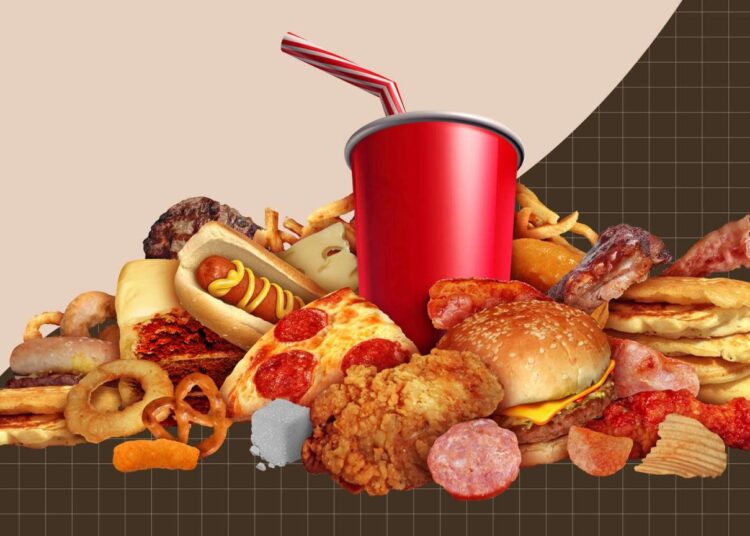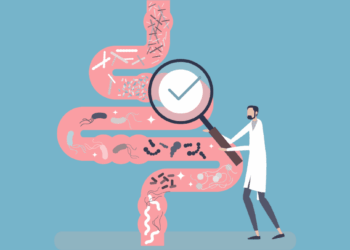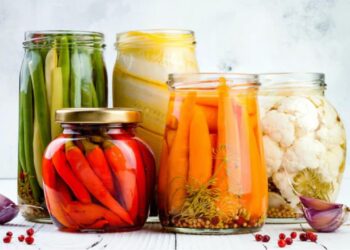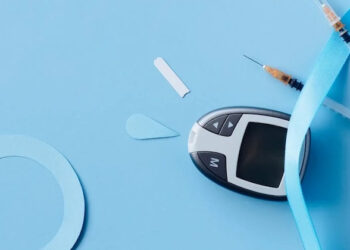Cholesterol is a fat-like, waxy substance that serves an important function in the body—assisting in cell creation and hormone production. But not all cholesterol is the same. When there is too much low-density lipoprotein (LDL), or “bad cholesterol,” it has the potential to accumulate in the arteries, raising the risk of heart disease, stroke, and other life-threatening complications.
While genetics and lifestyle influence cholesterol levels, diet plays an important role. Understanding what foods cause high cholesterol is vital for maintaining heart health and preventing cardiovascular problems.
What is Cholesterol?
Cholesterol travels through your bloodstream in two types of lipoproteins:
- LDL (Low-Density Lipoprotein): Often called “bad cholesterol,” because it leaves cholesterol in the lining of your arteries.
- HDL (High-Density Lipoprotein): Known as “good cholesterol,” as it helps in the elimination of surplus cholesterol from the bloodstream.
Consumption of foods high in fat, trans fat, and cholesterol can elevate the LDL level and lower HDL, disrupting the balance and causing damage to your heart.
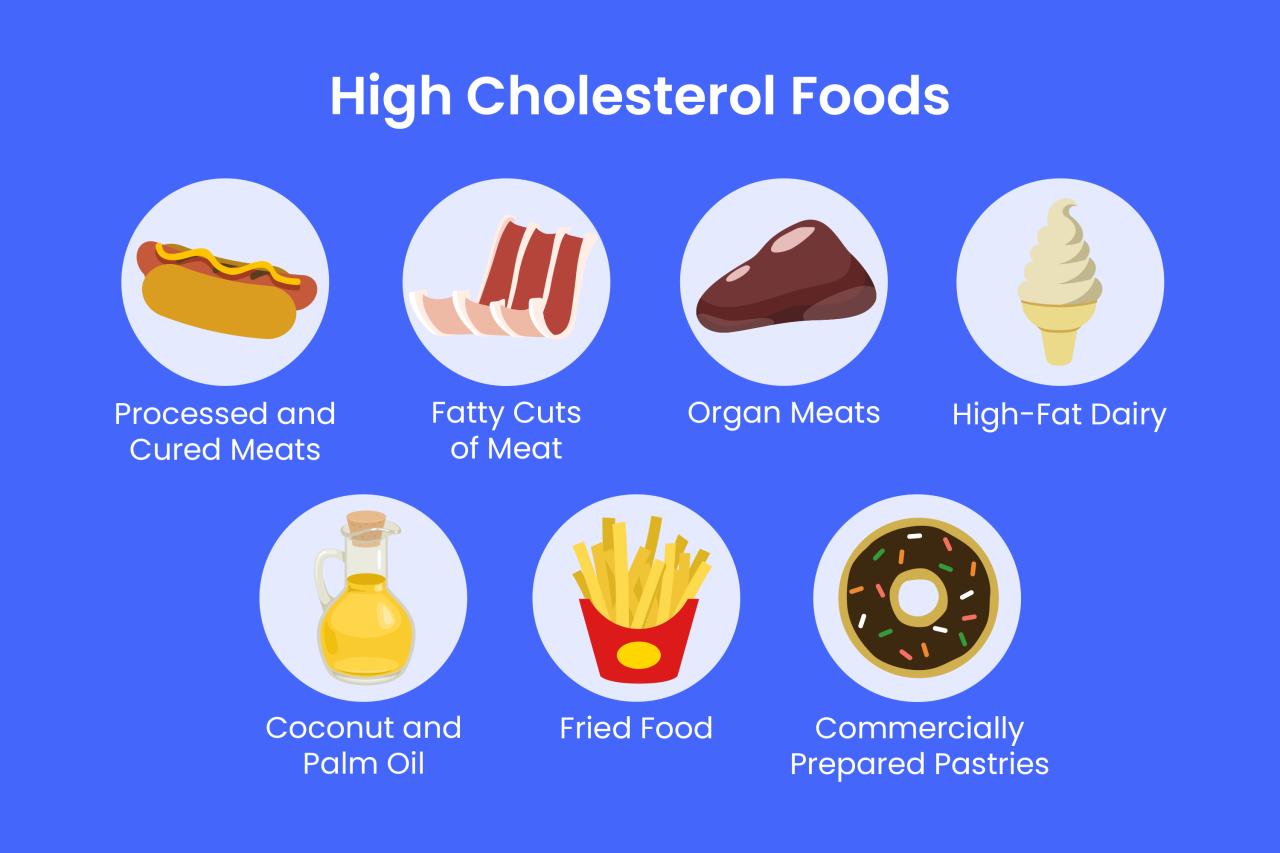
Major Foods That Cause High Cholesterol
1. Red Meat (Beef, Lamb, Pork)
While red meat is a good source of protein and iron, it is also rich in saturated-fat and cholesterol. Regular consumption can lead to elevated LDL levels.
Healthier option: Choose leaner cuts or replace with poultry, fish, or vegetable proteins.
2. Processed Meats (Sausages, Bacon, Hot Dogs)
These meats are often saturated-fat, sodium, and preservative rich, all of which are disastrous for cardiovascular well-being.
Tip: Eat in moderation and read labels for fat and sodium content.
3. Whole-Fat Dairy Products (Whole Milk, Cheese, Butter)
Whole-fat dairy foods contain a lot of saturated fat, which increases LDL cholesterol.
Substitute with: Low-fat or fat-free dairy foods like almond milk, Greek yogurt, or less fatty cheese.
4. Fried Foods
Deep-fried foods like French fries, fried chicken, and doughnuts are typically fried in trans fat-containing oils, which tend to raise LDL and lower HDL.
Solution: Opt for air frying or baking with heart-healthy oils like olive or avocado oil.
5. Baked Goods and Pastries
Cakes, cookies, and pastries typically contain shortening or butter, both of which are saturated and trans fat-dense.
Opt for homemade: Make healthier versions at home with plant-based oils or natural sweeteners.
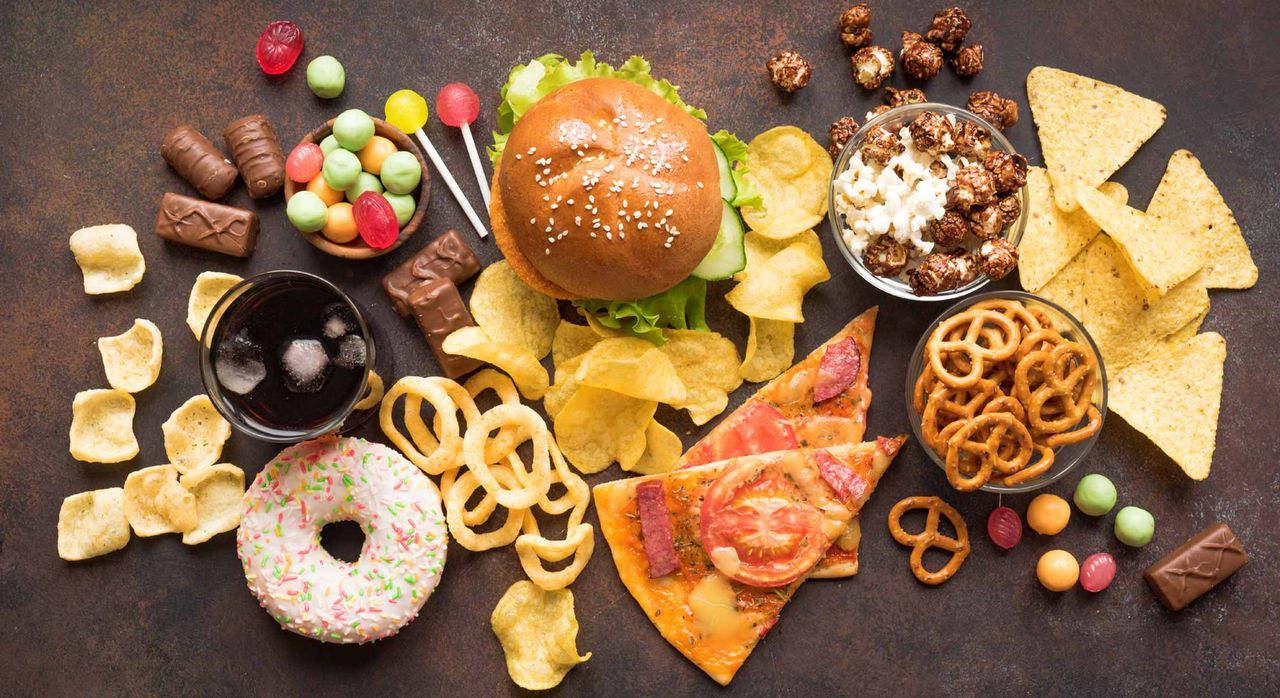
6. Fast Food
The majority of fast foods are high in cholesterol, saturated fat, and calories. Regular consumption of fast foods is a major contributor to poor heart health.
Smart tip: Opt for grilled rather than fried and cut back on frequency when eating out.
7. Shellfish (Shrimp, Lobster)
Otherwise nutritious shellfish are comparatively high in dietary cholesterol. Moderation is the guideline, especially for those already at risk of high cholesterol.
8. Egg Yolks
Eggs are a source of important nutrients but yolks contain dietary cholesterol. It is safe to take one egg a day, but excessive consumption should be monitored.
9. Coconut Oil and Palm Oil
Although marketed as “natural,” these oils contain high saturated fats. Daily consumption can increase LDL levels.
Better option: Replace with olive, flaxseed, or sunflower oil.
10. Ice Cream and High-Fat Desserts
These decadent desserts are typically made with cream and butter, so they’re not just saturated fat but also sugar.
Healthier alternative: Opt for frozen yogurt or fruit desserts.
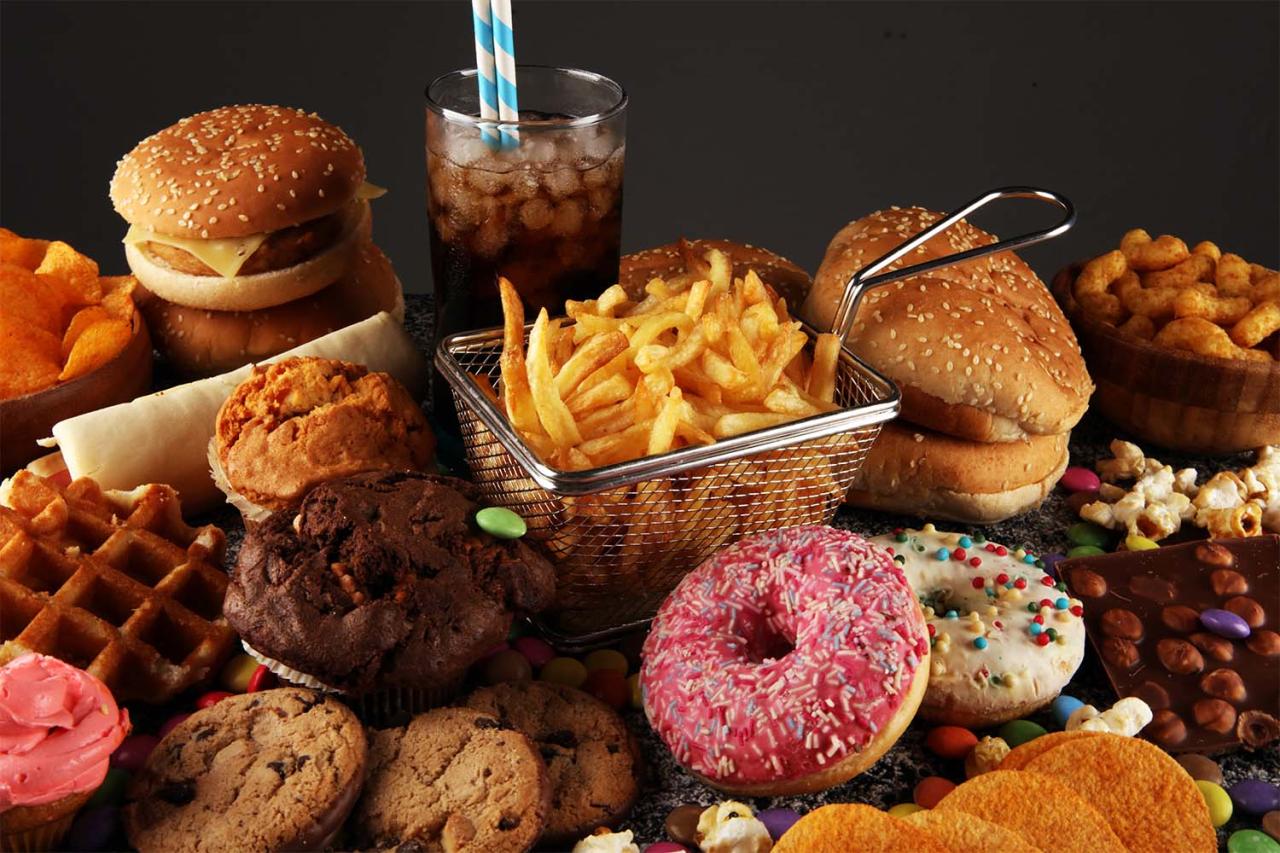
Knowing About Trans Fats and Secret Threats
Many packaged and processed foods contain partially hydrogenated oils, the main source of artificial trans fats. Even small amounts can significantly increase the risk of heart disease. Always read nutrition labels and avoid products that list “trans fat” or “hydrogenated oil.”
Cholesterol Myths Debunked
“All fat is bad.”
False. Your body needs healthy fats (as in avocados, nuts, and seeds) for energy and cell function. Go for unsaturated fats, not cutting out fat entirely.
“Only overweight individuals have high cholesterol.”
Incorrect. Thin individuals may also have high cholesterol due to heredity or an unhealthy diet.
Tips to Control and Lower Cholesterol Naturally
- Increase fiber intake – Foods rich in soluble fiber (like oats, beans, and fruits) lower LDL cholesterol.
- Stay active – Regular exercise raises HDL levels and overall cardiovascular health.
- Eat more omega-3s – Found in fatty fish like salmon and mackerel, omega-3s reduce triglycerides and protect your heart.
- Limit alcohol and quit smoking – Both adversely affect cholesterol levels and heart health.
- Hydrate and sleep adequately – Both are essential to metabolic process and cholesterol balance.
High cholesterol doesn’t happen overnight—but unhealthy dietary habits can quietly raise your risk. By identifying and reducing foods that contribute to high LDL levels, you take a proactive step toward heart health. Substitute unhealthy choices with nutrient-dense, heart-healthy options and pair them with an active lifestyle for lifelong benefits.
Call to Action:
Ready to get a grip on your cholesterol? Start by rewriting your shopping list—ditch the processed snacks and opt for whole, plant-based foods instead. Share this guide with someone who needs it, and let’s spread heart-healthy awareness together.

